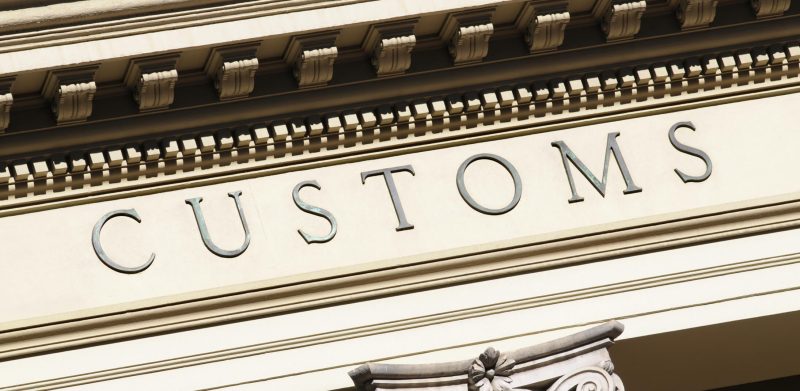
Returning Goods to Canada: some key obstacles to consider
When Elvis Presley first crooned Return to Sender in 1962, he sang passionately about the heartache of goods returning home. Fast forward 53 years later, and although the world has become a much more complicated place, the sentiment remains: it’s a pain when things get sent back.
Know why your shipment was returned
There’s no shortage of reasons why the goods you exported from Canada may have to be returned to you:
- Perhaps you shipped the wrong size memory cards to the US.
- The industrial size bolts did not meet your European client’s specifications.
- Maybe the auto-plant machinery you sent to South America malfunctioned and needs to be returned for repair.
- It could be that the carpet samples you shipped to an overseas tradeshow are now coming back to Canada.
No matter the situation, you need to keep the following in mind.
Be aware of all import regulations
Rules that apply to importation of goods into Canada also apply to goods that are being returned to Canada. In other words, if merchandise is regulated by consumer protection groups or any of the following government agencies…
- Health Canada
- Transport Canada
- Canadian Food Inspection Agency (CFIA)
- Environment Canada
…you will still need to comply with the import requirements for those products despite the fact that the very goods you shipped are now being returned to you.
The importance of due diligence
Sometimes incorrect assumptions can lead to unnecessary costs:
One Canadian client exported some powdered milk to the Middle East, but because he did not obtain the necessary export documentation in time the purchaser overseas refused the goods. “No problem!” thought the exporter. “Just return the goods to Canada and I’ll take care of the paperwork.” Unfortunately, powdered milk is highly regulated by CFIA in Canada and requires pre-authorization and import permits in order to be imported…
The end result? The goods sat at the wharf for a couple of weeks and cost the client a fortune in storage fees until he finally got the export paperwork sorted out and found another buyer.
Ask your Customs Broker questions
Tricky situations like this happen all the time. So be sure to ask your Customs Broker about the import requirements before deciding to have your goods sent back. It might save you a huge headache, not to mention unexpected (and unwelcome) extra expenses.